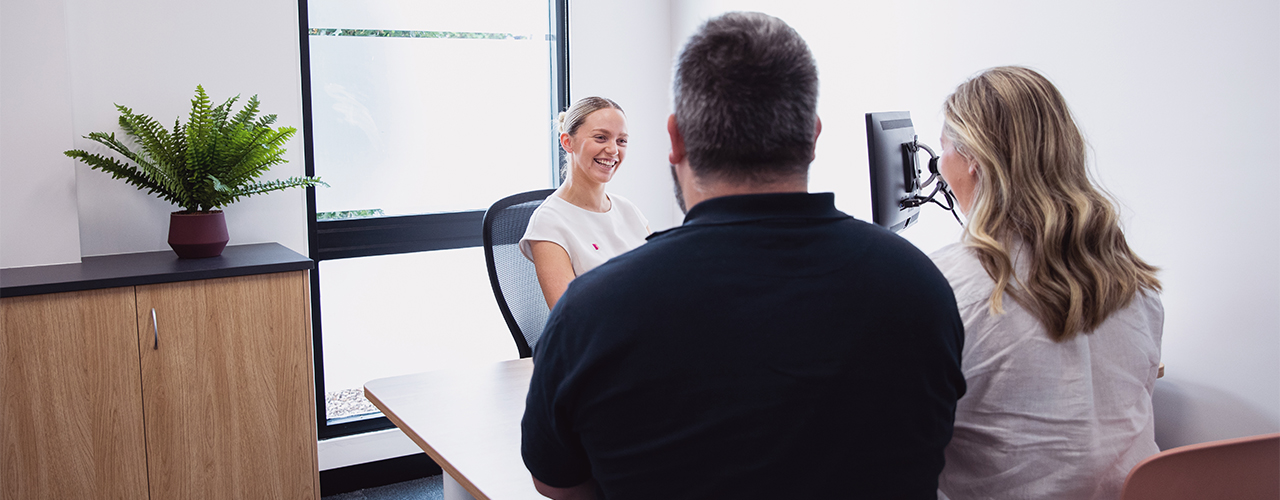When you buy a home and take on a home loan, making your regular repayments becomes part and parcel of homeownership. But over time, you may build up equity in your property that can be used to help you realise other life goals. This article explains what equity is, how you can unlock equity in your home, and what it may be able to help you achieve.
What is equity?
Equity is the difference between your home’s value and the amount remaining on your home loan.
Two key factors affect how much equity you have in your home: how much you pay off your loan balance, and how much your home’s value increases (or decreases).
Equity = value of home – loan balance.
For example, if you purchase a $500,000 home with a $50,000 deposit, you start off with 10% equity in that home. If, five years later, the home’s value has increased to $600,000 and you’ve paid $50,000 off your loan balance, you’d have $200,000 of equity in your property. ($100,000 that you’ve paid off (not including interest), and $100,000 from the increased value of your home.)
You may be able to access some of this equity to carry out renovations or put towards other goals.
How much equity can you access?
Generally, usable equity is calculated at 80 per cent of the property value, minus the loan balance. This ensures your loan-to-value ratio doesn’t exceed 80 per cent.
In this example, 80 per cent of the new home value of $600,000 would be $480,000. Subtracting the $400,000 left owing on the home loan gives usable equity of $80,000.
The amount you can borrow of your home’s equity would depend on how much you can afford to pay back.
What can you do with home equity?
Jane Partington, Bendigo Bank Mobile Relationship Manager - Newcastle Region, explains the suite of opportunities that lie within home equity. These include:
- Investing in property – using the equity to help finance the deposit required for a new property;
- Investing in other assets such as shares or managed funds;
- Renovations;
- Debt consolidation;
- Travel;
- Purchasing leisure assets like a car, boat or caravan.
“Recently a customer refinanced two properties (their owner-occupied property and an investment property) benefiting from a reduction in interest rates and fees as a result. As part of the refinance, they accessed their equity which provided funds for a luxury car purchase,” Jane explains.
Things to consider when accessing equity in your home
“There are always pros and cons when making financial decisions such as accessing home equity,” Jane continues. “One of the most important considerations is whether or not you’ll be paying more interest or fees, particularly if you’re extending the term of your loan.”
While it’s possible to access equity without extending your loan term, it may seem more attractive in the short term. It’s important to consider your long-term goals and future financial position when deciding on the best way to access equity in your home.
How do you approach accessing home equity?
“It’s not complicated at all,” explains Jane. “The first step is to understand how much equity a customer has by undertaking a property valuation. From there, your lender will take you through the available options to consider.”
Need more information? Chat to our lending team for any other questions you might have.
Investing in property
We can help you with your investment dreams.
Need more information?
Our lending team can assist you with any questions you may have.








